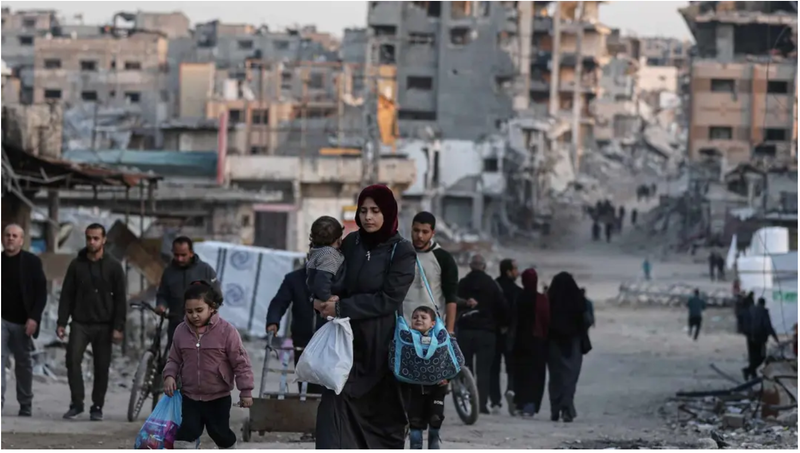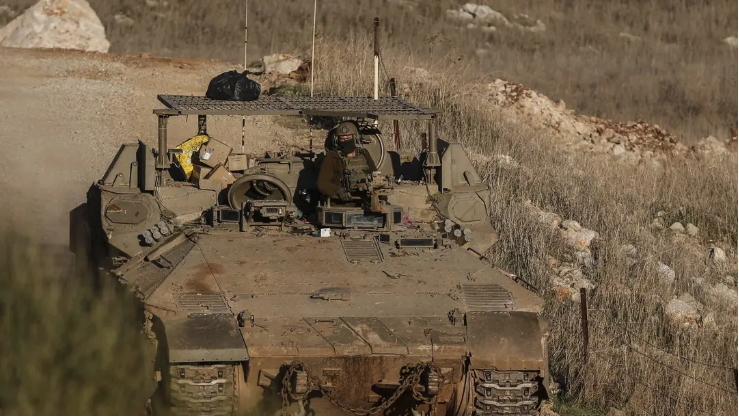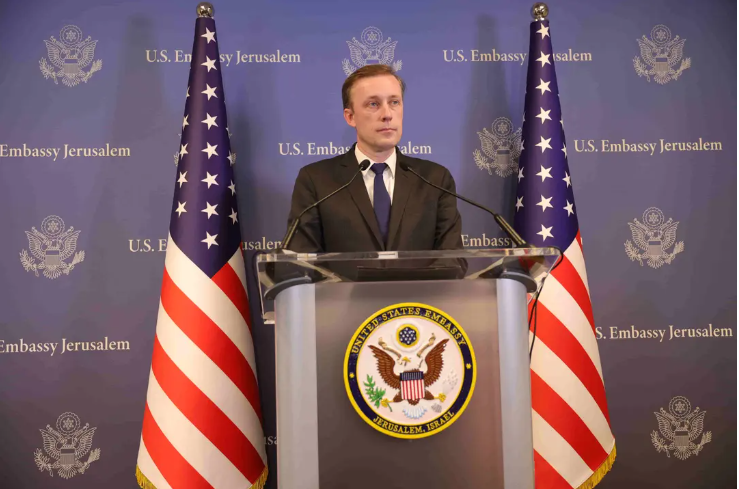Israeli Forces Move Into Gaza City Amid Indirect Cease-fire Negotiations
Residents of Gaza City said on Monday that Israeli tanks were advancing toward the center of the city from several directions amid heavy bombardment. Al-Ahli Baptist Hospital has reportedly been evacuated, with its patients being transferred to the overcrowded Indonesian hospital....
Facts
- Residents of Gaza City said on Monday that Israeli tanks were advancing toward the center of the city from several directions amid heavy bombardment. Al-Ahli Baptist Hospital has reportedly been evacuated, with its patients being transferred to the overcrowded Indonesian hospital.1
- As renewed fighting continues in Gaza City, Shin Bet chief Ronen Bar traveled to Egypt on Monday for preliminary discussions regarding a cease-fire. CIA chief William Burns and White House Middle East adviser Brett McGurk also have reportedly arrived in Egypt.2
- Israeli Prime Minister Benjamin Netanyahu released on Sunday a set of non-negotiable demands, including that Israel is guaranteed the ability to resume fighting to achieve its war goals. Netanyahu also demanded that weapon smuggling from Egypt be stopped.3
- Israeli security officials and opposition politicians accused Netanyahu of attempting to sabotage the negotiations, with opposition leader Yair Lapid saying that Netanyahu's statement was provocative and risked compromising the return of Israeli hostages.3
- In contrast, Israeli Finance Minister Bezalel Smotrich, a member of Netanyahu's coalition, said that accepting a cease-fire deal and stopping Israel's campaign would be a mistake, adding that 'This is the time to squeeze the neck until we crush and break the enemy.'4
- Hamas announced last week that it was ready to negotiate without requiring an upfront commitment from Israel for a permanent cease-fire. Hamas is reportedly seeking assurances from mediators regarding the continuation of the cease-fire as long as negotiations continue.5
Sources: 1BBC News, 2AL, 3Timesofisrael, 4Middle East Monitor and 5Reuters.
Narratives
- Pro-establishment narrative, as provided by Ft. A guaranteed end to the war will ensure increased humanitarian aid to the besieged enclave, preserve Israel's security, and create a better 'day after' in Gaza without Hamas in power. The US will continue to work toward closing the gaps and ensuring that peace and stability can be restored to the region.
- Pro-Israel narrative, as provided by Jerusalem Post. Israel has overcome many obstacles in this war, but there are still plenty of challenges. Though Hamas has been seriously degraded, its leadership is still largely intact and hostages are still being held in Gaza. Military pressure has forced Hamas to make concessions and driven a wedge between Yahya Sinwar and the group's external leadership. Israel can only accept a deal that accomplishes its war goals.
- Pro-Palestine narrative, as provided by Al Jazeera. This war has no realistic end in sight despite any potential deal. Despite all the discussion of a 'next phase' of low-intensity conflict, Netanyahu has no political incentive to stop. Israel's bad-faith definition of terminology risks the indefinite continuation of the assault on Gaza and the horrific suffering of the Palestinian people.







